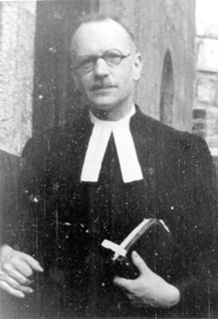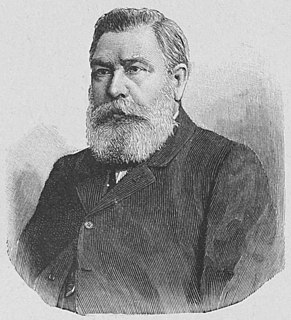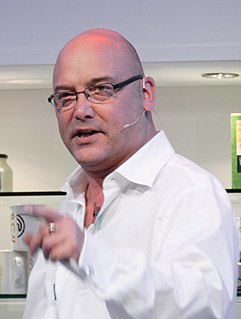A Quote by Henry Giroux
History remains an open horizon that cannot be dismissed through appeals to the end of history or end of ideology.
Related Quotes
The most widely discussed formulation of [the One World model] was the "end of history" thesis advanced by Francis Fukuyama. "We may be witnessing," Fukuyama argued, "the end of history as such: that is, the end point of mankind's ideological evolution and the universalization of Western liberal democracy as the final form of human government." The future will be devoted not to great exhilarating struggles over ideas but rather to resolving mundane economic and technical problems. And, he concluded rather sadly, it will all be rather boring.
Through all history, from the beginning, a noble army of martyrs have fought fiercely and fallen bravely for that unseen mistress, their country. So, through all history, to the end, as long as men believe in God that army must still march and fall, recruited only from the flower of mankind, cheered only by their own hope of humanity, strong only in the confidence of their cause.



































